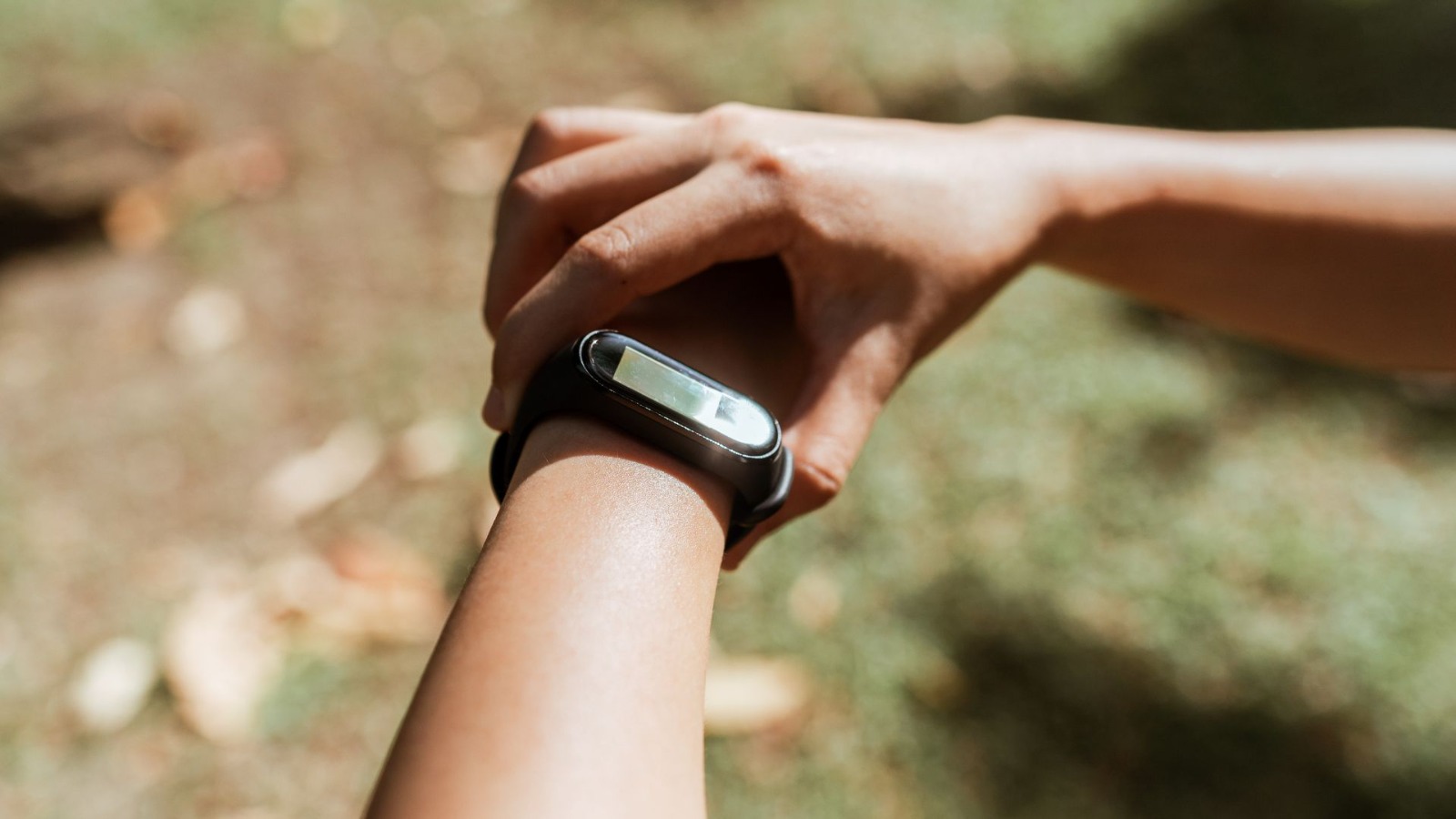
Scientists at the University of Granada measured the electrodermal activity of the skin, a parameter taken as an indicator of the activity of our autonomic nervous system, when sending messages via WhatsApp.
A University of Granada (UGR) research team has shown for the first time that we are not “addicted” to mobile phones, but to the social interaction that these electronic devices provide. The study, published in the scientific journal Psicothema, is the first experimental scientific evidence of this theory, which was developed in 2018 by Professor Samuel P.L. Veissière, a researcher at McGill University in Montreal (Canada).
To conduct the experiment, the UGR scientists worked with a sample of 86 subjects who were divided into two groups. “In one of the groups (the social expectation group), we instructed each participant to send a message via WhatsApp to their most active contacts explaining that they were going to participate in an exciting task in a virtual reality universe (the same message in all cases),” explains Jorge López Puga, a researcher at the UGR’s Department of Personality, Evaluation and Psychological Treatment and lead author of the study.
The other group (control group) was not asked to send this “exciting” message to their contacts. “Next, we asked both groups of people to switch off their notifications and leave their mobile phones face down on the table while they engaged in an unusual activity immersed in a virtual reality environment. When the interaction with the virtual reality task was over, we left the participants idle and unable to use their phones. After this period of doing nothing, we allowed all participants to return to using WhatsApp,” the researcher notes.
Electrodermal activity
Throughout the process, the UGR scientists measured the electrodermal activity of the skin, a parameter taken as an indicator of the activity of our autonomic nervous system, i.e. a kind of physiological measure of anxiety.
“We observed that the social expectation group was more tense throughout the experiment. We also found that this group became more anxious when they were asked to stop using their mobile phones. Moreover, when they were allowed to use their phones again, this group experienced a much higher level of emotional arousal,” says López Puga.
The results show that mobile phones are not the cause of psychological problems, but rather that how and why the devices are used can better explain certain psychological problems.
Bibliographic reference:
‘Social Expectancy Increases Skin Conductance Response in Mobile Instant Messaging Users’
Ana María Ruiz-Ruano García, Ana Sánchez-Kuhn, Pilar Flores and Jorge López Puga
Psicothema (2023) 35(4) 414-422
Full article available at https://doi.org/10.7334/psicothema2022.362
More info: https://osf.io/rg9wd/
Contact details:
Jorge López Puga
Department of Personality, Evaluation and Psychological Treatment
Email: @email
Website: https://www.ugr.es/~jlpuga/
Translated version: This text has been translated into English by the Language Services Unit (Vice-Rectorate for Internationalization) of the University of Granada.



